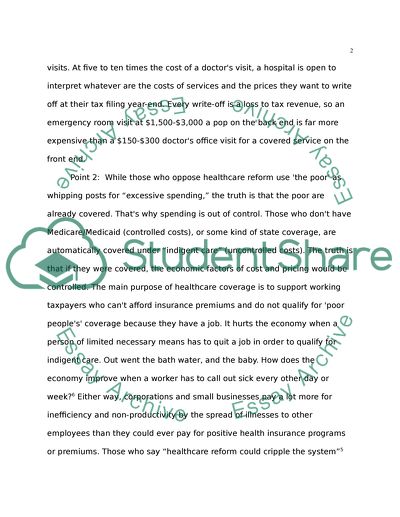Cite this document
(“Healthcare Reform in US Term Paper Example | Topics and Well Written Essays - 1000 words”, n.d.)
Retrieved from https://studentshare.org/health-sciences-medicine/1430612-healthcare-reform
Retrieved from https://studentshare.org/health-sciences-medicine/1430612-healthcare-reform
(Healthcare Reform in US Term Paper Example | Topics and Well Written Essays - 1000 Words)
https://studentshare.org/health-sciences-medicine/1430612-healthcare-reform.
https://studentshare.org/health-sciences-medicine/1430612-healthcare-reform.
“Healthcare Reform in US Term Paper Example | Topics and Well Written Essays - 1000 Words”, n.d. https://studentshare.org/health-sciences-medicine/1430612-healthcare-reform.


